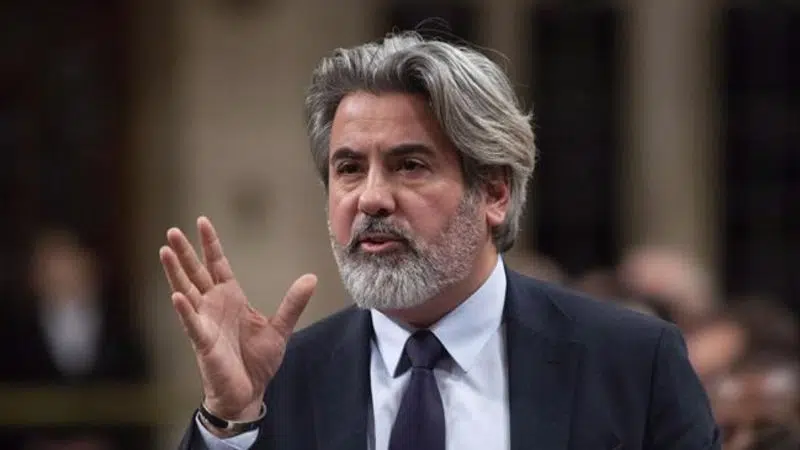
Reaction to Liberals’ Indigenous languages law: ‘landmark’ and ‘colonial’
OTTAWA — A national Inuit organization says it is disappointed in the Liberals’ new legislation meant to protect Indigenous languages.
The Liberals tabled the bill Tuesday, two years after promising a law to promote Indigenous languages, which Heritage Minister Pablo Rodriguez said are on the verge of disappearing absent any intervention.
The bill pledges long-term funding and to create a federal commissioner of Indigenous languages.


